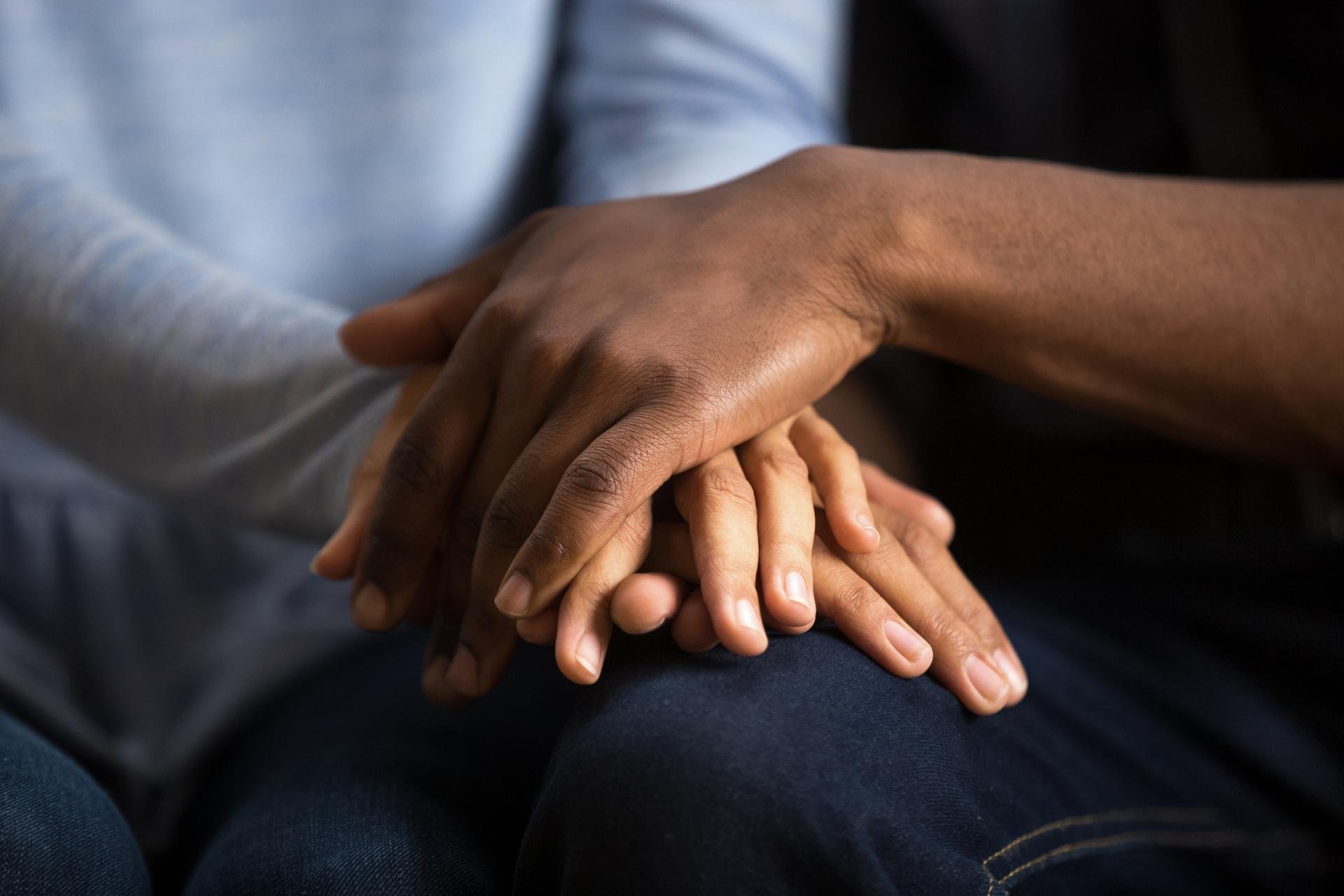A Mental Health Guide to Valentine’s Day
Valentine’s Day, and now the seemingly added pressure of Galentine’s Day, can bring up intense feelings of loneliness, anxiety, and worthlessness for those who are single as well as those who are in partnered relationships. Especially in New York City, where love and capitalism fill the air in a stifling setting of in-the-way tourists and heart-shaped distractions amidst a sea of 8.5 million people, February 14th can come with a lot more feelings than fondness.
Navigating Valentine’s Day Psychology
Experiencing loneliness is a universal human experience which has been said to begin once a person leaves the womb. The truth is, the only person that will always be with you is you, even during the times you are against you. This holiday can highlight pre-existing insecurities and knock on the door of well-constructed psychological fortresses built to keep certain thoughts obscured from any mind’s eye. These truths can occur for anyone, single or partnered, friends or no friends, although they may be easier to avoid when around others… which can come with its own ensuing set of problems.
Loneliness and togetherness are not mutually exclusive. For those in a partnered relationship, it may feel as though one is up against impossible expectations or as though one’s expectations are impossibly low. Stress and anxiety may spike from layers of personal, partnered, and societal pressures. You may feel all the more isolated in feeling uncared for or misunderstood by your significant other(s). For those in an abusive relationship, fear and dreaded anticipation may be particularly marked by this date. You can be in a relationship or multiple relationships at once and still feel lonely and unseen.
Valentine’s Day can also be especially difficult for those who have experienced trauma within a past relationship, including the loss of a significant other. Memories may resurface which could heighten symptoms of post-traumatic stress disorder (PTSD) or feelings of grief. These feelings are often complex and heavy and can be confusing to navigate or hold all at once. They may also be entwined with feelings associated with a current relationship.
February 14th is a day that is touted as a day of love. Love can be unpredictable and scary, fun and exciting, infuriating and selfish, warm and tender, sad and disappointing, healing and wonderful, or any combination of these adjectives and more, all at once or none at all at various times. And as these feelings can be felt romantically or platonically with others, they can also be felt with oneself. Valentine’s Day is a day of love - regardless of friends, family, and lovers, know that you always have the option to make it a day to love yourself.
Valentine’s Day Mental Health Tips
Remember your Self. When was the last time you thought about what brings you joy? How do you like to be celebrated? What do you like? What are your interests? Do you know? Have you taken time recently to become reacquainted with, discover, or explore these parts of you? Consider curating this day to celebrate yourself and show yourself the love that you may so often extend to others. Think “I can buy myself flowers.” ;)
Practice self-compassion, self-care, self-pleasure. Treat yourself kindly and allow yourself grace in feeling all of your feelings, and tune into your own needs. Prepare a romantic bath for yourself, go for a run, spend time outside, journal, practice yoga, meditate, notice yourself and all of your senses. Self-pleasure is a radical act of self-love and liberation from oppressive forces.
Set realistic expectations. Valentine’s Day is not a reflection of your worth or the strength of your relationship(s). Stay authentic to yourself and the people you care about and notice when external sources may be artificially polluting what you know to be true. Be genuine in how you show and receive love. By keeping expectations realistic, there may be more room to feel present and experience joy and fulfillment.
Remember who is there for you. Let them know you love and appreciate them. Allow yourself to lean on them or invite them on a date. This may include lovers, friends, or family, but need I remind you this does not necessarily need to include anyone outside of yourself.
Keep comparisons in check. Love is unfortunately regularly commodified, lending towards unhelpful, often useless comparisons. Love looks and feels different for everyone. It is okay to recognize that there is something that you want but do not currently have. Sometimes what someone seems to have is actually an illusion, and sometimes it is an opportunity to look inwards. Let people celebrate love in the ways they choose to celebrate, while knowing that your own experience is valid and you are exactly where you need to be in this moment.
Speak with a mental health professional. Self-acceptance is a precursor to self-love and closely enmeshed with self-care and interpersonal relationships. It can be daunting to love vulnerably and feel loved if you do not love yourself. If you struggle with connecting with yourself and others, it may be helpful to talk to a therapist. You are not alone.
Happy Valentine’s Day to You!
Sources
Amatenstein, S. (2022). Valentine’s Day: Why This Couples Therapist Dreads It. Psycom.
Clarity Clinic (2024). Navigating Valentine’s Day: Understanding its Impact on Mental Health.
Smith, W. (n.d.) Valentine’s Day and Mental Health. African American Health Program.

